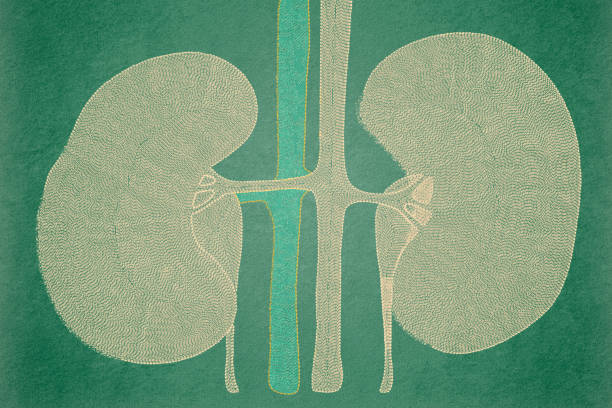I. Introduction
II. General signs and symptoms
Fatigue and weakness
Fatigue and weakness are common indications of kidney disease and also cause ED. When the kidneys are not functioning properly, toxins and waste products can build up in the body, leading to fatigue and a general feeling of weakness. This occurs because the kidneys play a crucial role in filtering waste and maintaining the balance of electrolytes in the body.
Swelling in the hands, feet, or face
Swelling, medically known as edema, is another common manifestation of kidney disease. The kidneys help regulate fluid balance in the body by filtering excess fluid and waste products. When the kidneys are not functioning properly, fluid retention can occur, leading to swelling in various parts of the body, particularly the hands, feet, and face. The swelling is often more pronounced in the morning and may worsen as the day progresses.
III. Specific signs and symptoms
High blood pressure
High blood pressure, also known as hypertension, is closely linked to kidney disease. The kidneys play a vital role in regulating blood pressure by controlling fluid balance and producing hormones that help regulate blood vessels. When kidney function is compromised, it can lead to an increase in blood pressure. Conversely, long-standing high blood pressure can also cause damage to the kidneys over time.
Persistent itching
Persistent itching, medically referred to as pruritus, can be a distressing symptom associated with kidney disease. Itchy skin is commonly experienced by individuals with impaired kidney function. The exact cause of itching in kidney disease is not fully understood, but it is believed to be related to the accumulation of toxins and waste products in the blood that are normally eliminated by the kidneys.
Back pain or flank pain
Back pain or flank pain, which is a pain in the area between the ribs and hips on either side of the spine, can be a sign of kidney disease. The kidneys are located in the back of the abdominal cavity, and any impairment or inflammation of the kidneys can cause discomfort in that region. Kidney stones, infections, kidney cysts, or other conditions affecting the kidneys can lead to back or flank pain. Sexual dysfunction is highly prevalent in patients with chronic kidney disease.
Loss of appetite or unintentional weight loss
Loss of appetite and unintentional weight loss are common manifestations of kidney disease. When the kidneys are not functioning properly, waste products can accumulate in the body, leading to a condition called uremia. Uremia can cause a range of symptoms, including loss of appetite.
IV. Less Common Symptoms of Kidney Problems or Disease
High Blood Pressure
High blood pressure, also known as hypertension, is a condition that occurs when the force of blood against the artery walls is consistently too high. While it is not a direct symptom of kidney problems or disease, it is closely linked to kidney health. The kidneys play a crucial role in regulating blood pressure by controlling the amount of fluid and salt in the body.
Muscle Cramps and Twitching
Muscle cramps and twitching can occur as a symptom of kidney problems or disease, particularly when there is an imbalance of electrolytes in the body. The kidneys help regulate the levels of various minerals, such as potassium, magnesium, and calcium, in the blood. When the kidneys are compromised, electrolyte imbalances can arise, leading to muscle cramps and twitching.
Bone Pain and Fractures
Healthy kidneys produce an active form of vitamin D, which is necessary for the absorption of calcium and phosphorus, essential minerals for maintaining bone health. When the kidneys are impaired, they may not be able to convert vitamin D into its active form, leading to decreased calcium absorption and low levels of calcium in the blood.
Changes in Sleep Patterns
Kidney problems or diseases can affect sleep patterns in several ways. Firstly, excessive fluid retention due to kidney dysfunction can lead to frequent nighttime urination, disrupting sleep and causing nocturia. Secondly, conditions such as sleep apnea, which is characterized by breathing interruptions during sleep, have been associated with kidney disease.
Decreased Libido and Erectile Dysfunction
In men, kidney problems or disease can contribute to decreased libido and erectile dysfunction. So Extra Super P Force helps men in treating ED problems. Kidney dysfunction can disrupt hormone balance, leading to reduced production of testosterone, a hormone important for sexual desire and function.





Comments